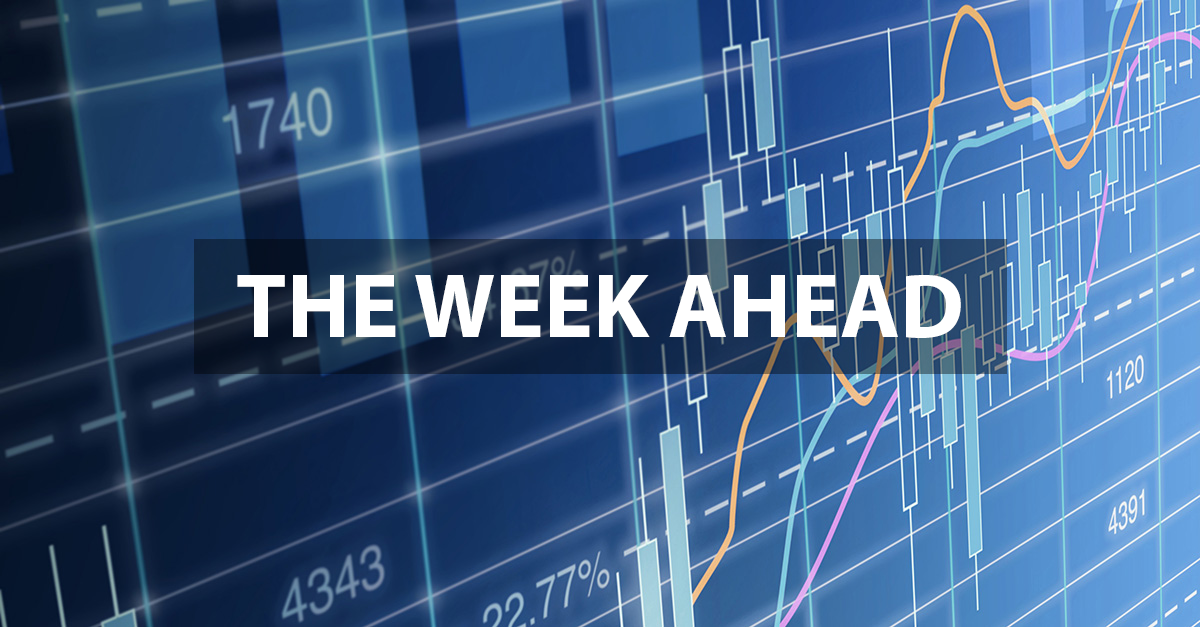Welcome to “The Week Ahead” where we take a moment to provide our thoughts on what we can expect in markets and the economy during the upcoming week.
Last week was difficult. The Russian invasion of Ukraine roiled markets last week, with the S&P 500 entering correction territory before reversing to finish the week up 0.8%. War has a dynamic of its own which, once embarked on, cannot be controlled. The threat of Russian military aggression had been percolating for several weeks now. The recent events will be a turning point from political and economic standpoints. It undoubtedly adds even more uncertainty to a market already struggling from the headwinds of high inflation and the transition toward tighter monetary policy.
The Russia/Ukraine war is likely to remain a headwind for global equities over the coming months. Europe is likely to take the biggest hit. If there is one lesson from looking at past geopolitical conflicts together as a group (over the past 45 years, we count eight such events, and they are all different), it is that they have not significantly moved markets unless a recession envelopes the U.S. Rather, they have proven to be noise in the bigger picture that is shaped by economic and monetary policy cycles.
The conflict in Europe comes just three weeks ahead of what is widely expected to be the Federal Reserve’s first interest rate hike. The Fed is embroiled in a battle with inflation and can no longer wait for the perfect moment to normalize policy.
The situation in Ukraine will remain critical, but this will be an important week for the economic outlook and Fed policy expectations. Chair Powell’s semiannual testimony before Congress this week is likely to remain consistent with a 25-bp hike (rather than 50 bps) in mid-March. Considering the start of the FOMC blackout period at the end of the week, Powell’s comments will likely be aimed at shaping market expectations for the upcoming meeting.
Data deck for February 28–March 4:



